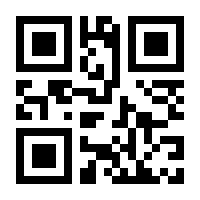
„The papers almost uniformly showcase careful and incisive analysis of late antique historiography; their regularly dense, technical argumentation is often provided helpfully in tables or relegated to the footnotes. [...] For the value of the historians and subjects discussed, then, the collection should certainly be acquired by libraries at research institutions and by specialists in late- antique historiography.“
David J. DeVore in: Bryn Mawr Classical Review 2018.03.09
„Ohne Zweifel bietet dieser gelungene Sammelband viele anregende Impulse für die weitere Forschungsdiskussion über die Historiographie als Phänomen [...] Die Stärke des Bandes liegt auch in den einzelnen Studien, die einen wichtigen Beitrag zur Erforschung der behandelten Geschichtswerke liefern.“
Dariusz Brodka in: Zeitschrift für Antikes Christentum / Journal of Ancient Christianity 2016; 20(3): 572–577




